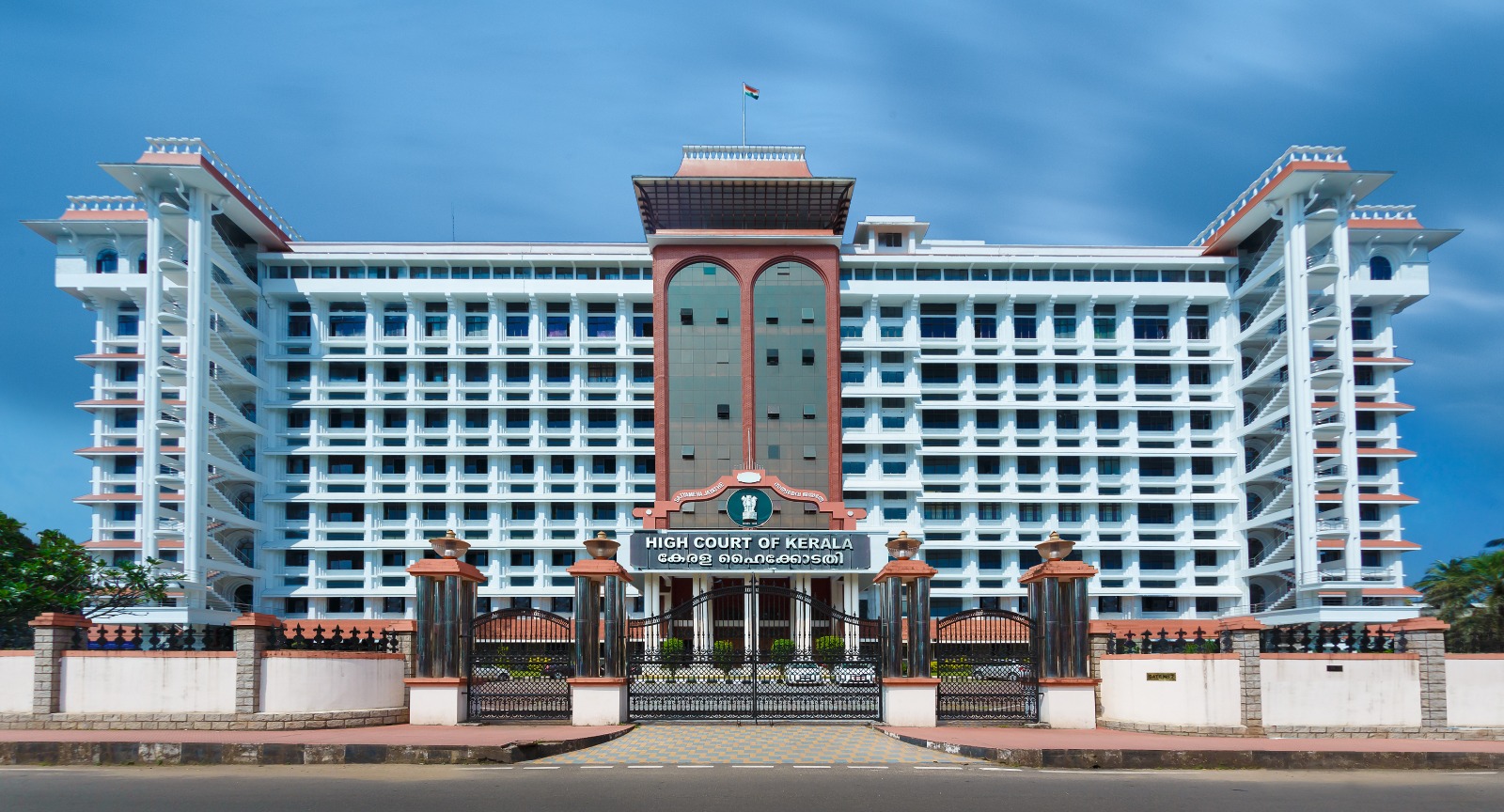@JUDGMENTTAG-ORDER
R.J. Bhave, J.@mdashThis revision is by the judgment-debtor. In execution of a decree obtained against him the decree-holder sought attachment of the bonus for the period 1974-75 which was to be paid to the judgment-debtor. The attachment was opposed on the ground that bonus formed part of wages and, as such, the same could not be attached u/s 60(1)(h) of the Code of Civil Procedure. The lower Court held that clause (21) of section 2 of the Payment of Bonus Act, 1965, which defined the term "salary or wage" expressly excluded ''bonus'' from the definition. It was thus clear that bonus could not form part of ''salary or wages''. In this view of the matter, the attachment of bonus was directed by the lower Court. The judgment.debtor has, therefore, preferred this revision.
2. In
The District Judge tried to equate the connotation of this word in the CPC with that in the Payment of Wages Act as qualified by the express exclusions in section 2(vi)(e)(6) of that Act. He reads that exclusion into the word used in section 60(1)(h) of the CPC On the other hand, it can be argued with equal plausibility that without such express exclusion the word might have included ''gratuity''; and since there is no such qualification in the Civil Procedure Code, gratuity is wages for the purpose of exemption from attachment.
Their Lordships of the Division Bench further proceeded to observe:
Actually, the inclusion or exclusion of such payment as bonus and gratuity in the definitions in different enactments is not quite uniform.
The real point is that trying to get an answer from the definition of the word in the enactments of a special nature is bound to lead only to confusion. Each of these enactments was made with the special purpose of giving the employee a certain amount of protection in regard to particular periodical payments and welfare contributions. It is not the aim of any one of these enactments to guarantee to the employee everything that would be payable to him under agreement or statute or regular practice in the business, but only to guarantee certain specific payments most often of periodic nature; besides, the very exclusions would indicate, that without them wages might include the categories of payments thus excluded. So we have to approach the question in the light of recent welfare labour legislation The CPC itself speaks of ''wages of labourers'' and leaves it to the Courts to understand by ''wages'' what in the context of the particular cases before them it would connote.
Thus, we have what can be called ''wages'' in general or the genus of wages which includes all payments made to an employee arising out of the relationship, and ''wages'' in the narrower or special sense, which is a periodical payment. Different enactments deal with wages of the latter kind, that is, wages as species ; but the CPC which has no qualification and no explanation in this regard speaks of wages as genus. No doubt the use of the same in these two different senses may at first sight cause some confusion; but if the context and the purport of the enactment is remembered, the confusion will mostly clear by itself.
In this view of the matter, it was held that the gratuity payable on retirement was included in the term of wages for the purposes of section 60(1)(h) of the CPC and was, therefore, exempt from attachment. This decision clearly shows that only because ''bonus'' is excluded in the definition of "salary or wage" in the Payment of Bonus Act it does not mean that it does not form part of wages as contemplated under the Code of Civil Procedure. It must be remembered that under the Payment of Bonus Act the payment of bonus is compulsory ; but that is fixed at certain ratio of the salary or wages earned by the employee. It is for this reason that from the definition of "salary or wage" bonus has been excluded. That definition cannot be imposed on the Code of Civil Procedure.
3. In
The CPC has not defined wages. The word ''wages'' is used in a general sense or as genus of wages, without any qualification, including all payments made to an employee arising out of the relationship, but wages has also a narrower or special meaning, connoting periodical payment. The phrase ''wages of labour'' has to be understood in the context of the particular case before the Court.
Bonus declared under the Payment of Bonus Act, 1965, being the result of a statute acquires permanence and periodicity and is a part of wages within the meaning of the Civil Procedure Code.
Reliance cannot be placed on the definition of salary or wages in section 2(21) of the Act (Payment of Bonus Act) for deciding the meaning of the word ''wages'' in section 60. Civil Procedure Code.
In this case, reliance was placed on the decision of this Court, referred to above. In
I am of the view that bonus, having regard to recent developments in the law relating to labour relationship, would be included in wages. Payment of bonus is a method of payment of wages. No doubt, payment of bonus is conditional upon payment of wages. But once bonus is paid, it has the true attribute of wages.
In this view, it was held that the bonus was exempt from attachment. Justice Hegde (as he then was) held in P. Nathmal v. Dasarath AIR 1959 Mys. 96:-
In determining whether the bonus is wage for the purpose of exemption from attachment the definition of the word ''wage'' in Industrial Disputes Act or the Payment of Wages Act or the Minimum Wages Act is of no assistance. Those definitions are intended for the purposes of the respective Acts only, Bonus is a familiar word in the field of industrial law and it means additional remuneration. It may not be a wage or deferred wage. But it is a method of wage payment. Its payment is conditional but on payment it assumes the character of wages. As such, bonus would fall within the objective of section 60, which protects the wages of workers from attachment in order to see that their reasonable requirements of life are not taken away and also to ensure that their efficiency as labourers is not diminished.
This decision also makes it clear that the ambit of the meaning of ''wages'' as used in section 60(1)(h) of the CPC is quite wide which includes all sorts of payments made to a laborer for the services rendered by him and the meaning cannot be curtailed with reference to the definitions given in other enactments. The trial Court was thus patently in error in allowing the attachment of the bonus.
4. The order of the lower Court directing the issuance of warrant of attachment in terms of Order 21, rule 46, Civil Procedure Code, is set aside. I may, however, mention that under the CPC a distinction has been made between wages earned by a labourer and the salary earned by other kind of employee. In case of wages earned by a labourer there is complete exemption, while in case of other employees the exemption is partial. In this particular case, the lower Court does not appear to have applied its mind to this aspect of the matter. It is not decided as to whether the judgment-debtor is a labourer or other kind of employee. It was suggested at the Bar that the judgment-debtor is working as a peon and does not come within the definition of a ''labourer''. I do not wish to record any rending on that point and leave it open to the executing Court to decide the question on the material that may be placed before it.
5. In the result, the revision is allowed with costs. Hearing fee Rs. 50/-.

